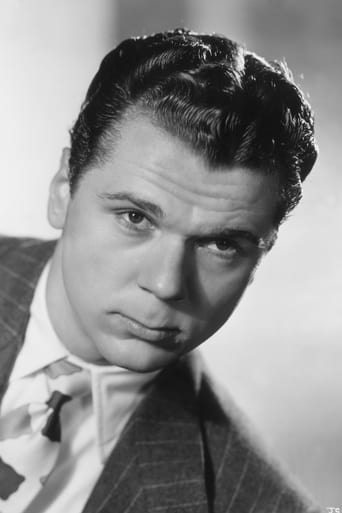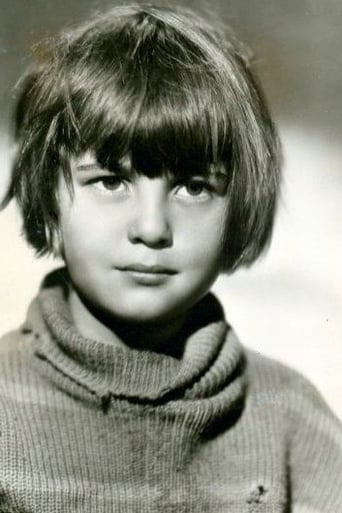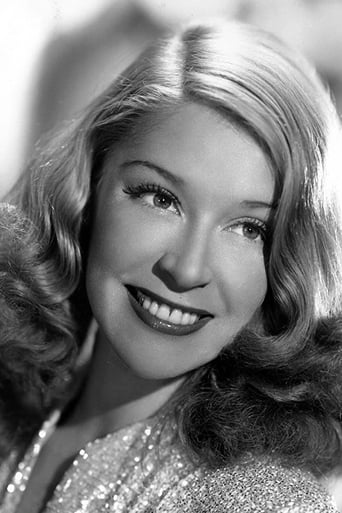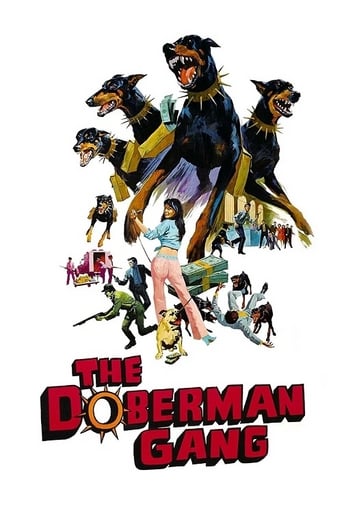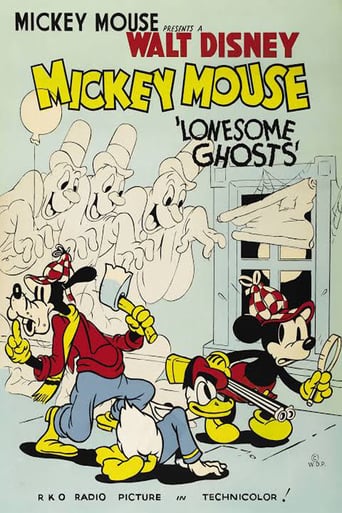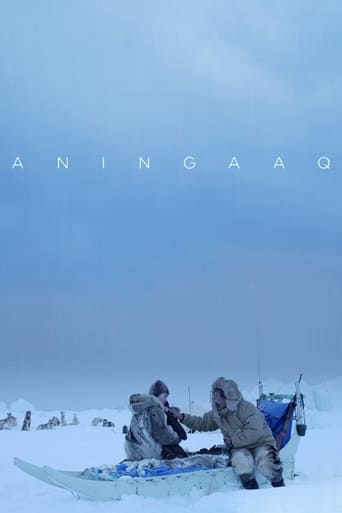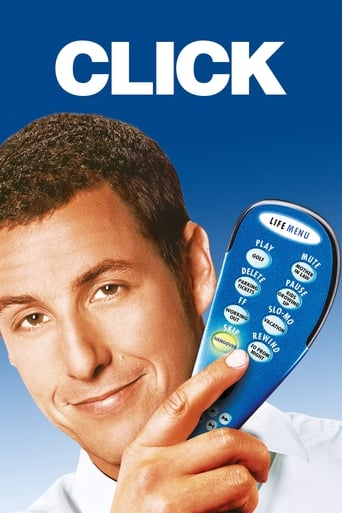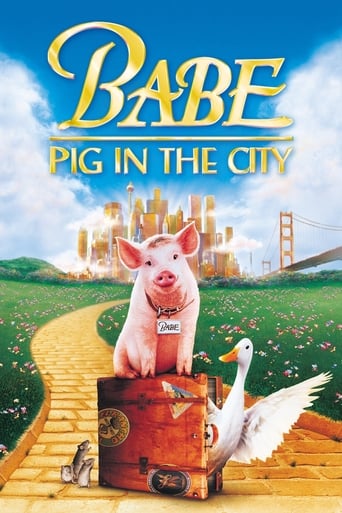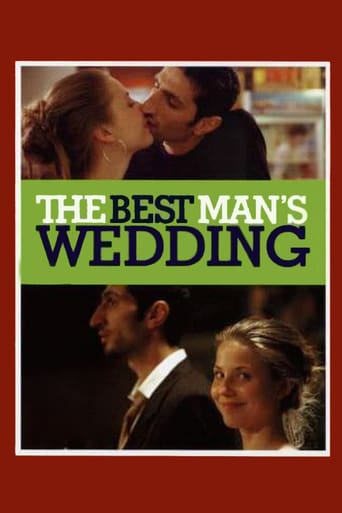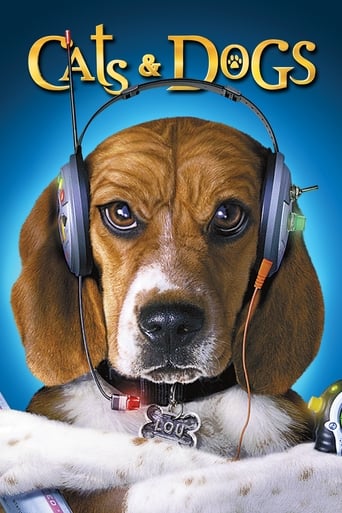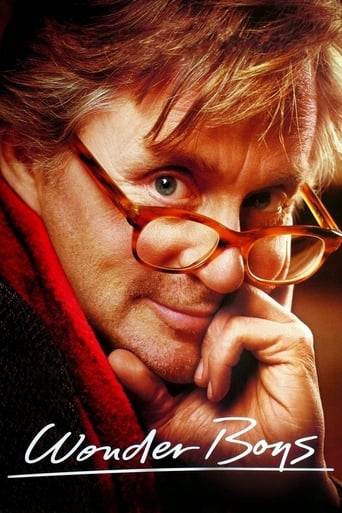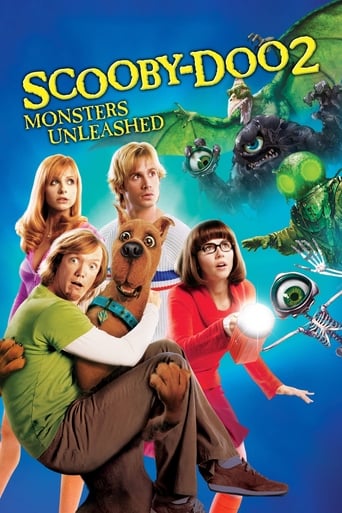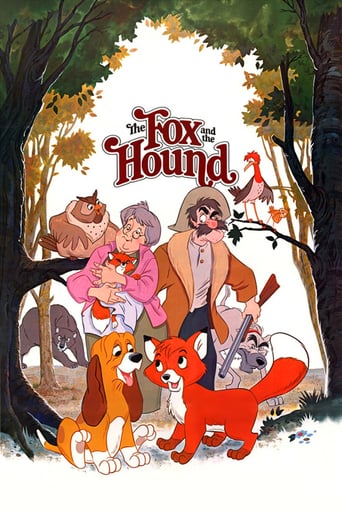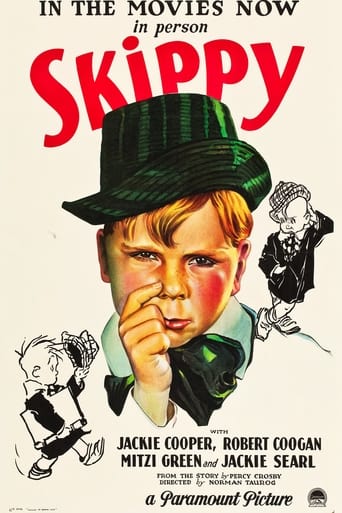
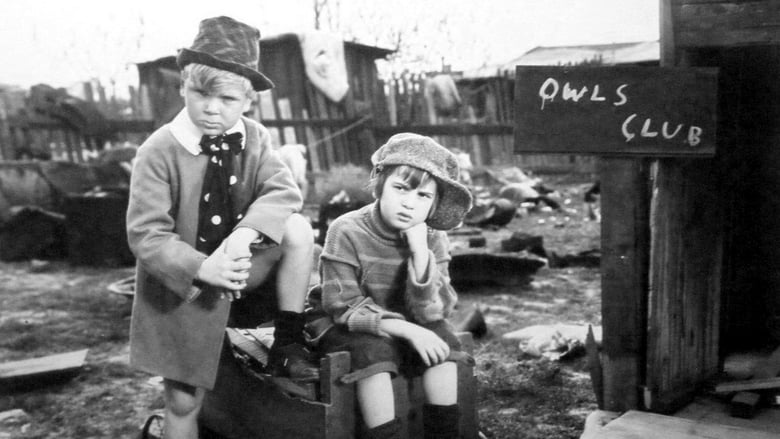
Skippy (1931)
Skippy, the mischievous son of a wealthy doctor, meets Sooky in poverty-ridden Shantytown, and together they try to save Sooky's pet from a cruel dogcatcher.
Watch Trailer
Cast


Similar titles
Reviews
I didn't expect much from "Skippy." How substantial could a Depression-era movie based on a comic strip be? But I found myself really into this film. I watched it with my kids and we all really enjoyed it.It's dated for sure, and the precocious antics of the child actors will likely grate on some. But I liked some of the cultural subtleties in this movie that I found parallels for in our current world. Like the hypocrisy found in Skippy's parents, affluent, casually prejudiced people who think poor, underprivileged folk are deserving of medical care (he's a doctor) but not of basic kindness and empathy (when Skippy wants to go to the "other side of the tracks" his mom asks him if he wants to grow up to be like "those" people). Or the tendency of Skippy's parents to underestimate the complexity of a child's world and who dismiss a child's problems because they're deemed less important than those of adults (not to a child, they're not). Jackie Cooper is the rare child actor, especially from that time period, who's able to be truly winning instead of aggravating. He received an Oscar nomination for Best Actor for his performance, I believe the youngest actor to ever achieve that feat. The film was also nominated for Outstanding Production and Best Writing (Adaptation), while Norman Taurog won that year's Oscar for Best Director. I've read that he got Jackie Cooper to cry at key moments in the film by threatening to shoot his dog. What a guy.Grade: A-
Jackie Cooper (Skippy), Robert Coogan (Sooky Wayne), Mitzi Green (Eloise), Jackie Searl (Sidney), Willard Robertson (Dr Herbert Skinner), Enid Bennett (Mrs Ellen Skinner), David Haines (Harley Nubbins), Helen Jerome Eddy (Mrs Wayne), Jack Clifford (Dogcatcher Nubbins), Guy Oliver (Dad Burkey), Carl R. Botefuhr (Skippy, age 3), Beaudine Anderson (boy), and Dannie MacGrant.Director: NORMAN TAUROG. Scenario: Joseph L. Mankiewicz, Norman McLeod. Dialogue: Joseph L. Mankiewicz, Norman McLeod, Don Marquis. Adaptation: Percy Crosby, Sam Mintz, from the comic strip by Percy Crosby. Photography: Karl Struss. Music: John Leipold. Supervisor: Louis D. Lighton.Copyright 24 April 1931 by Paramount Publix Corp. New York opening simultaneously at the Times Square Paramount and the Brooklyn Paramount, 3 April 1931. U.S. release: 25 April 1931. 7,685 feet. 85 minutes.SYNOPSIS: Boys try to raise $3 to buy a license for their dog.NOTES: Academy Award, Best Directing, Norman Taurog (defeating Clarence Brown's A Free Soul, Lewis Milestone's The Front Page, Wesley Ruggles' Cimarron and Josef von Sternberg's Morocco).Also nominated for Best Picture (Cimarron); Best Actor, Jackie Cooper (Lionel Barrymore in A Free Soul); Writing Adaptation, Mankiewicz and Mintz only (Cimarron).Number 3 in The Film Daily's annual poll of U.S. film critics (Cimarron was first, Street Scene second).COMMENT: Despite the stiff opposition (most critics today would rank Taurog's chances of beating this field at around ten thousand to one), Taurog deserved his Academy Award. His persuasively sympathetic handling of his child stars and the way he has given the film pace by extremely fluid camera-work is faultless. It is unfortunate that the film suffers from the complete absence of a music score (except "natural" music during Skippy's show). That and its quaint costumes (as well as its naive conclusion) make it seem rather dated today, though some scenes still come across with a powerful impact. The story is a simple framework on which the scriptwriters expend a fair amount of ingenuity in developing its plot. But the best thing about it is the dialogue, which has a natural ring to it, yet contrives to be amusing. The children are more convincing and interesting than the adults in the acting department, though Jack Clifford has some glorious moments as the rough-voiced dog-catcher. Karl Struss' superlative photography is another major asset. Production values are — with the exceptions noted above — otherwise excellent.
This constitutes one of the most surprising Oscar wins in history – the Best Direction nod for Taurog (reportedly, the youngest such recipient at the age of 32!) over heavyweights Lewis Milestone for THE FRONT PAGE (1931; who, by then i.e. the 4th ceremony, already had two statuettes to his name!) and Josef von Sternberg for MOROCCO (1930; the first of only two nominations for one of my dozen favourite auteurs!), both clearly superior films. Taurog was perhaps the epitome of the journeyman film- maker in Hollywood's Golden Age – showing a propensity for kiddie fare (such as SKIPPY and its unavailable inferior sequel made the same year, SOOKY, are), notably two BOYS' TOWN pictures (1938, for which he was also nominated, and 1941) and the Venice Film Festival winner(!) THE ADVENTURES OF TOM SAWYER (also 1938), and musical comedies (suffice it to say that he ended his career directing resistible vehicles for the likes of Jerry Lewis and Elvis Presley!). Incidentally, SKIPPY was also seminal for having the first child performer to be nominated for acting (nine year-old Jackie Cooper, who happened to be Taurog's own nephew!): needless to say, the role made him a star yet lasted just a few years at the top (though he formed a durable partnership with Wallace Beery) – not least because the market was subsequently flooded by other talented juveniles (Shirley Temple, Freddie Bartholomew, Mickey Rooney, Deanna Durbin, Judy Garland, etc.). For the record, SKIPPY (which I had previously acquired a low-quality copy of, but did manage to upgrade some time back) was also nominated for Best Picture and Best Adapted Screenplay (co-written by Norman Z. McLeod and Joseph L. Mankiewicz – both better-known as directors, though the latter would only move up the scale 15 years down the line).Anyway, the film is a likable effort all round if hardly displaying outstanding merit at this juncture. Though a couple of them are overbearing (especially a girl with a penchant for yodeling!), the kids are practically the whole show here: apart from Cooper, easily the most effective is – the brother of famed child actor and later "Uncle Fester" incarnation Jackie – Robert Coogan (playing Sooky and actually top- billed during the opening credits, but rightfully listed below the protagonist when these are picked up at the coda!). Even cuter are the mongrels involved (which Sooky reasons are thus more "thoroughbred" than any pure breed!), around which the narrative partly revolves. The grown- ups are generally tyrannical (Skippy's health officer father – who intends demolishing the shantytown that is Sooky's home and to where his own boy frequently escapes), subservient (Cooper's mother) or just plain bullies (the local dog-catcher).The latter picks up Sooky's unlicensed dog, so he and Skippy scrape for money to pay for one and retrieve the mutt – even going so far as to do the old "puttin'-on-a-show" routine before a hostile audience of friends – but they are still too late to save it! Sooky is understandably crushed, and Skippy – indirectly blaming his dad for authorizing the putting-down of stray animals – withdraws to his room; in reparation, the father buys him a bike, which he immediately trades for a dog to give Sooky but, upon meeting him, discovers his pal has already filled the void (albeit with a bulldog)! The film offers drama and sentimentality galore, but also a few undeniable comic highlights – particularly the accidental repeated smashing of the dog-catcher's car windshield (the second time round by Skippy's own father!).
SKIPPY (1931) has nothing to do with the Childhood of a certain obnoxious and whining 'Sports Commentator' on ESPN, whose arm waving and mugging for the camera is reminiscent of Benito Mussolini. Nor is it directly related to a similarly named (but excellent) peanut butter. It is a heart warming film about Children and their simple but important life forming adventures.The film centers around two (2) characters SKIPPY (Jackie Cooper) and his new found friend SOOKY (Robert Coogan). SKIPPY is from the right side of the tracks, SOOKY the wrong, Shanty Town, which SKIPPY finds far more interesting then his native haunts. Excellently directed by Norman Taurog, slighting neither the Child actors nor the Adult supporting cast, there is a fine morality lesson here showing the importance of friendship and loyalty, both in joyful times and in tragedy. It also shows the importance of parental understanding for Children's problems.Norman Taurog won the Best Directing Oscar for his sensitive handling of what could have become maudlin. Sad to say this film is seldom seen today nor its sequel SOOKY (1931). The film is appropriate today for Parents to watch with their young Children ages four (4) to eight (8) for it still has lessons of value to teach. After those ages in the 21st Century they will be to bored or cynical to care and that's a shame.Note for the Historical challenged, Mussolini (1883>1945) was a minor league Fascist dictator in the first half of the 20th Century. History has not been kind too his legacy. Nor will it be to his imitators, take note IL BAYLESS.P.S. Rewatched today on TCM (02/22/2011) to see if our review holds up, IT DOES! So our only conclusion from the negative votes is that these must be from 'kiss-asses' to SKIPPY 'Peanut Butter For Brains' BAYLESS or sycophants of the ESPN (Eastern SeaBoard Propaganda Network)! Neither attributes flattering to those voters! As for the Peanut Butter SKIPPY. It is our favorite, low fat, extra crunchy.


